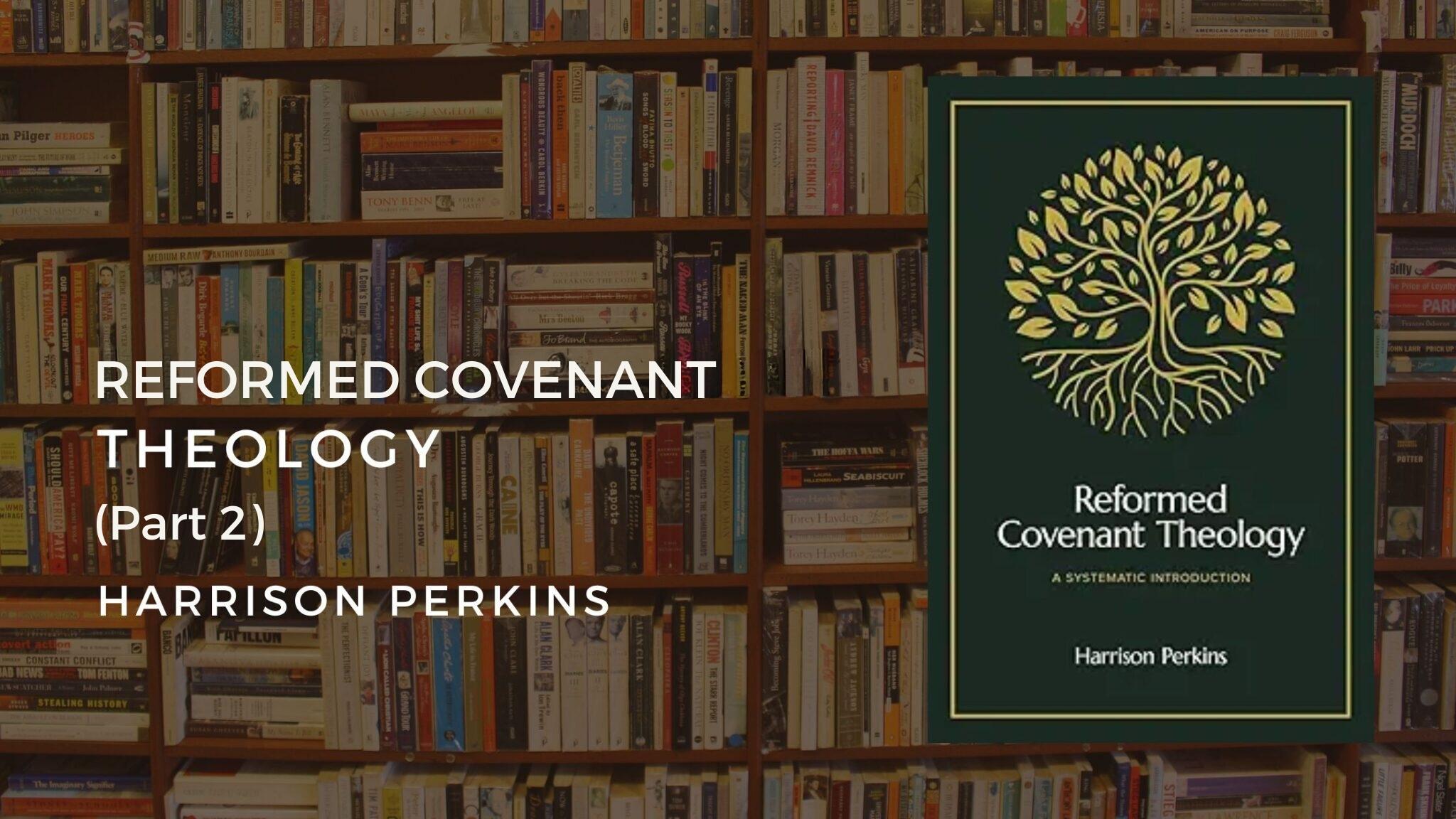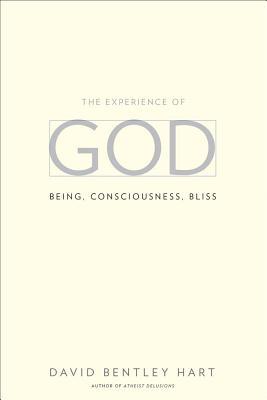The next chapter in the book is by Alan Kurschner, one of the editors of the volume. It engages G. K. Beale’s view of the chronology of the first part of Revelation 7. Basically, Beale believes that the two peoples mentioned in Revelation 7:4-8 and 7:9-12 are the same but seen at different times; the first appearance of them is upon earth, while the second appearance is in heaven (144).
Besides N. T. Wright Beale is the most influential supersessionist writer out there, so I was glad to see someone take him on. In previous engagements with the work of Beale I have referred to his habit of making inferences without much proof. Kurschner highlights many of Beale’s assumptions which find their way into his exegesis (e.g., 144, 145, 146, 154). Overall, I think Kurschner proves that Beale is mistaken and that the there are two people groups in Revelation 7. I do not buy Kurschner’s view that the seals of Revelation 6 are judicial proceedings which prove guilt and stack up the punishment of God which is meted out at the end of the Tribulation (148-149, 152), neither do I agree that the reference to “the beasts (therion) of the earth” in Revelation 6:8 refers to the beasts of Revelation 13 (the Antichrist and False Prophet). The use of the instrumental sense for the sword, hunger, and death in Revelation 6:8 is proper because they are inanimate objects, whereas the “wild beasts” in the verse are not (see 150). The person of the Beast is not yet introduced into the storyline of the Book at that point (even though the white horse rider of Rev. 6:2 is probably him, this is only hinted at. He lacks an introduction). Besides, it seems to me that since the action of the Four Horsemen in Revelation 6:1-8 is precipitated by the Lamb’s opening of the seals of the scroll of God (who appears to be depicted as a Judge in Rev. 4 – 5) it is hard indeed not to interpret these actions as Divine wrath, especially since they equal any demonstrations of God’s wrath found in the OT. Kurschner’s closing summary (156-158) is very well done.
On a separate note, I did find it surprising that he did not list Joel Willits’s chapter on the 144,000 in Beale’s Festschrift (From Creation to New Creation) where Willits contradicts his former teacher’s position.
Kurschner is a well-known defender of the PreWrath rapture position. Another PreWrath advocate, Alan Hultberg, writes a chapter on “The Future Restoration of Israel: Some Theological Considerations.” He contributes a well structured and illuminating chapter with many useful cross references and assertions. He notes, for instance, that even if one allows for certain fulfillments of restoration promises in the first advent, this does not rule out future fulfillment for the nation of Israel (162-163), and as far as Paul is concerned, he is concerned about the nation of Israel (174).
Hultberg continues by explaining that God’s promises include and cannot be separated from geo-political structures (163-166), noting that,
“there is a form of the kingdom where Edenic conditions are less than total, a form of the kingdom when the Messiah’s reign of peace, justice, and righteousness is enforced externally; it is not an outgrowth of the internal transformation of all of humanity.” (165).
He moves from there to a second reason for the restoration of the nation of Israel: the fact that it is through Israel that God makes His name known among the nations (166-169). This point is well made and is important because it is often lost sight of in discussions of future Israel.
The third reason why we can expect a future fulfillment of God’s promises to Israel is that if it were not to occur God’s faithfulness to His word could be called into question (169-174). Supersessionists fail to grasp this point, largely, I believe, because they already hold that God’s prophecies have this equivocal feature, because, well, He can do what He likes. Hultberg excels here, where he pinpoints Romans 9 – 11 for study.
Jim Sibley follows Hultberg with a good chapter entitled “Was Ethnic Israel’s Mission Transferable?”, which is often insinuated by supersessionists. We are often told that Israel forsook their position through disobedience and the Church has replaced them. Or that used to be the way it was put before these days where people speak euphemistically about what they really believe. Sibley uses Todd Mangum to capture the main point at issue: “The issue is whether national Israel as an administrative structure is still in the plan of God.” (178). This is followed by quotes from two covenant theologians, Bruce Waltke and Cornelis Venema, which answer the question with an emphatic No.
What comes next is a fascinating tour through the history of books on missions (178-181) where the author shows the supersessionist tendencies of many of these books up to and including Christopher Wright’s The Mission of God, which Sibley characterizes as “both supersessionist and anti-Zionist.” (180). Sibley uses the second part of his assigned space to give solid coverage to Israel’s role in God’s Creation Project – an excellent presentation (185-192).


1 comments On A Review of ‘The Future Restoration of Israel’ (Pt. 3)
Dr Reluctant, It strikes me that just because I believe based upon many scriptures that I am a Jew and part of Israel by adoption: thus being grafted into Israel, that that belief then would mean that I cannot believe that the promises to Israel (in whom I now exist because of faith in Israel’s Messiah) will not also be fulfilled beginning with a future millennium following the Resurrection and Rapture.
If we examine the concept of the bond-servant spoken of in Revelation 7, and elsewhere in scripture, we must conclude that this term includes not just Israel’s believers, but even Gentiles within Christ’s Church.
Revelation 7:3 saying, “Do not harm the earth, or the sea, or the trees until we have sealed the bond-servants of our God on their foreheads.” (NASB2020)
This would in context seem to relate to just Israel’s tribes. But maybe not when we examine the bond-servant further in light of our adoption and ingrafting:
Galatians 1:10 For am I now seeking the favor of people, or of God? Or am I striving to please people? If I were still trying to please people, I would not be a bond-servant of Christ. (NASB2020)
Does that verse exclude us as Gentiles from being as Paul a bond-servant of Christ?
Colossians 4:7 As to all my affairs, Tychicus, [our] beloved brother and faithful servant and fellow bond-servant in the Lord, will bring you information.
Paul includes these gentiles in Colossians as bond servants.
2 Timothy 2:24 The Lord’s bond-servant must not be quarrelsome, but be kind to all, skillful in teaching, patient when wronged, (NASB2020)
This reference is to leaders within Christ’s church.
Revelation 1:1 The Revelation of Jesus Christ, which God gave Him to show to His bond-servants, the things which must soon take place; and He sent and communicated [it] by His angel to His bond-servant John, (NASB2020)
We are one with these saints.
Revelation 2:20 ‘But I have [this] against you, that you tolerate the woman Jezebel, who calls herself a prophetess, and she teaches and leads My bond-servants astray so that they commit sexual immorality and eat things sacrificed to idols. (NASB2020)
Christ here speaks to us all.
Revelation 11:18 “And the nations were enraged, and Your wrath came, and the time [came] for the dead to be judged, and [the time] to reward Your bond-servants the prophets and the saints and those who fear Your name, the small and the great, and to destroy those who destroy the earth.” (NASB2020)
We are among those rewarded, and the final remnants of Israel now on earth are still yet to be saved for that time of our rewards.
We know that the remnant of Jews, who were saved within the Olive Tree represented Israel’s saved and did not represent her unbelievers. We are ingrafted therein one with the saints as Paul puts it in Ephesians, and based on these verses referencing bond-servants we are also one with them in that regard.
Believing that we Gentiles who are in Christ are one with Israel does in no wise contradict Scriptures message. Does this understanding in any way refute scriptures promises to Israel? What it does do however is to cause you and I to be present in this coming tribulation should we still be alive on earth when it comes.